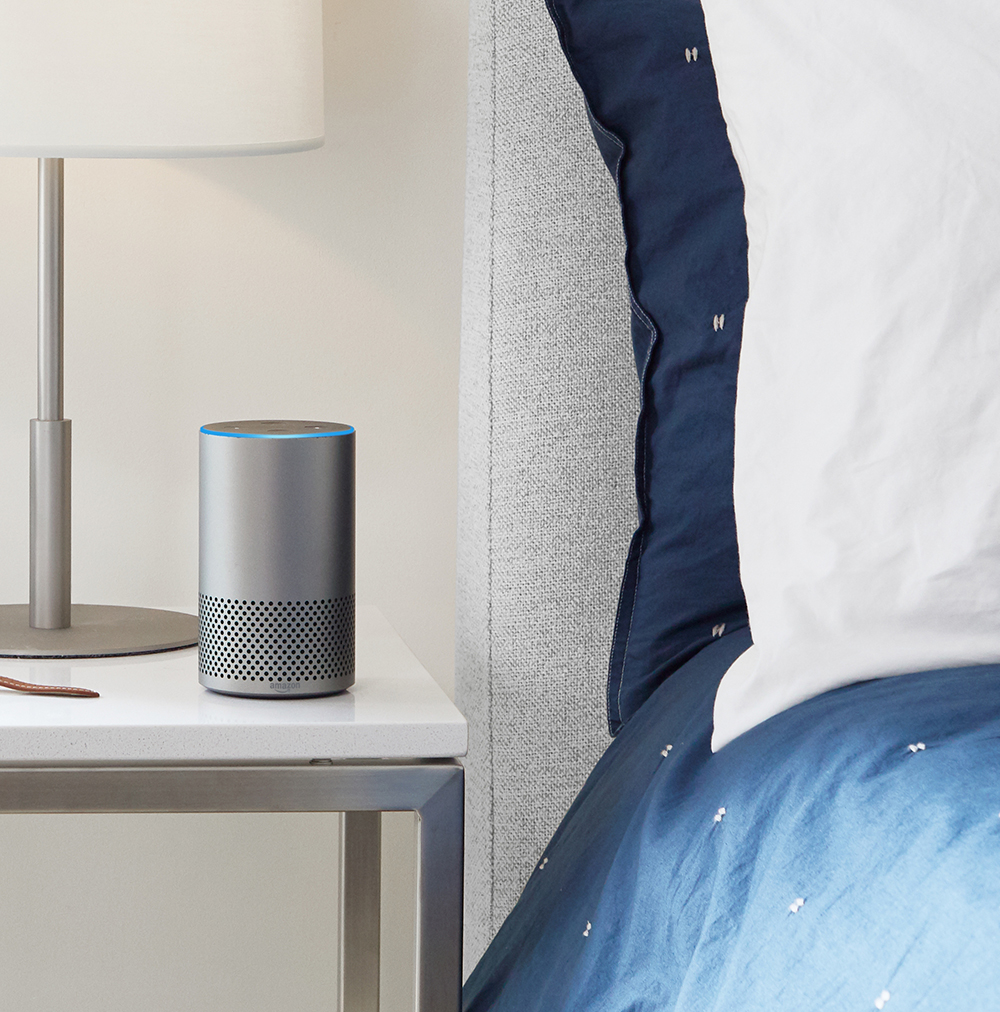Microsoft Pulls Plug On Cortana Mobile App For Some Users

Microsoft is set to end support for its Cortana iOS and Android apps in some regions as it integrates the digital assistant into Office 365
Microsoft has said it plans to shortly pull the plug on its Cortana app on Android and iOS, as it gradually refocuses the digital assistant away from direct competition with better-known services such as Amazon’s Alexa.
At its Ignite conference earlier this month Microsoft announced plans to more closely integrate its digital assistant into its Office 365 cloud productivity tools.
That’s a shift from the tool’s earlier positioning as a stand-alone tool along the lines of Alexa or Apple’s Siri.
As part of the shift Microsoft said it would end support for the app on Android and iOS in certain markets, including the UK, as of 31 January, 2020.

Evolution
Microsoft confirmed that the apps will also be disabled in Australia, Germany, Mexico, China, Spain, Canada, and India.
It is to continue operating in the US for the time being, Microsoft said.
The Cortana app was introduced in December 2015 for both Android and iOS and has a middling popularity ranking on both platforms.
Google Play lists it as having more than 1 million installs, compared to more than 500 million for top-ranked download Samsung Notes.
“We’re integrating Cortana into your Microsoft 365 productivity apps,” Microsoft says in a support document for the affected regions. “As part of this evolution, on January 31st, 2020, we’re ending support for the Cortana app on Android and iOS in your market.”
The company said personalised elements such as reminders or lists would no longer function in the app or Microsoft Launcher, but could still be accessed through Cortana on Windows.
‘Conversational computing’
Reminders, lists and tasks can also be synced to the Microsoft To Do mobile app, the company said.
After 31 January Microsoft said it would also release an updated version of Microsoft Launcher with the digital assistant feature removed.
Microsoft said in a statement the shift was aimed at making its digital assistant “as helpful as possible”.
“Cortana is an integral part of our broader vision to bring the power of conversational computing and productivity to all our platforms and devices,” the company stated.
Microsoft has been shifting its digital assistant plans for some time, announcing Cortana interoperability with Alexa as far back as 2017.
In January Microsoft chief executive Satya Nadella said the company no longer saw Cortana as a competitor to Alexa and ended plans to introduce Cortana-powered smart speakers.